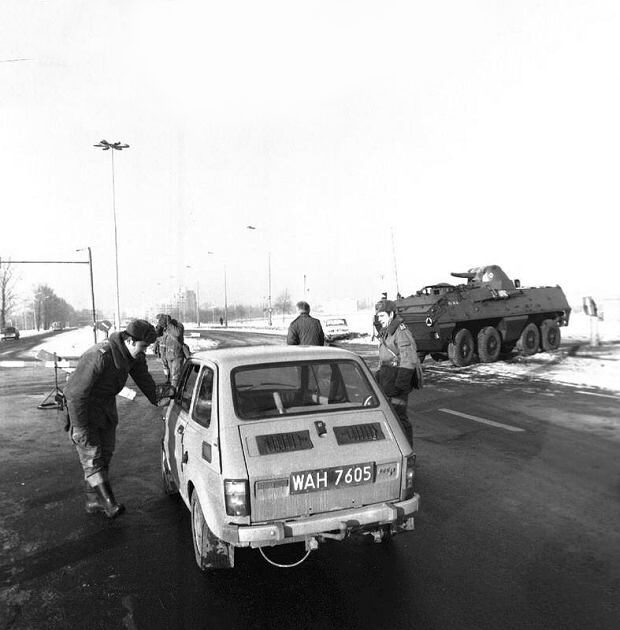Entrusting himself completely to God, Divine Providence, he managed to survive those dramatic moments. He also wondered what to do, how to help the oppressed Homeland. It was obvious that he could not go to Poland, and he immediately ruled out such a possibility. However, he believed that it was necessary to give a visible expression of the love of the Pope and the Church for Poles. He decided to send to Poland Archbishop Luigi Poggi, who in the role of Apostolic Nuncio for special tasks dealt especially with the countries of Eastern Europe.
On December 17, tragic news arrived. In Katowice, in the Wujek mine, miners announced a strike and occupation. ZOMO intervened, a group of people with brutality bordering bestiality. There were bloody clashes, nine workers were killed, doctors and emergency nurses who were providing help were attacked.
The Pope, immersed in pain, immediately wrote to General Jaruzelski, referring in a letter to his conscience, asking for an end to the “Polish bloodshed” and for a return to the peaceful negotiations that had characterized the efforts made for the renewal of society since August 1980.
(…) It was Christmas Eve. The Holy Father asked for a lit candle to be placed in the window of his office, a sign of hope. In the evening, he experienced the feelings of his nation up close, sharing a wafer with a small group of Poles living in Rome and Italy. That Christmas and the beginning of the New Year were a time of great sorrow for John Paul II. What worried him the most was the lack of information, the inability to communicate. Sometimes he managed to establish contact with representatives of the opposition who were outside the Polish borders, for example with Boghdan Cywinski, one of the first advisers of „Solidarność” (“Solidarity”). Besides, indirectly, through other people, he had contact with Adam Michnik, who was in prison, to whom he sent a copy of the Bible, and with Lech Wałęsa.
With the consent of Cardinal Stanisław Dziwisz – “Testimony”.
TBA Publishing House marketing communication. Warsaw 2007





